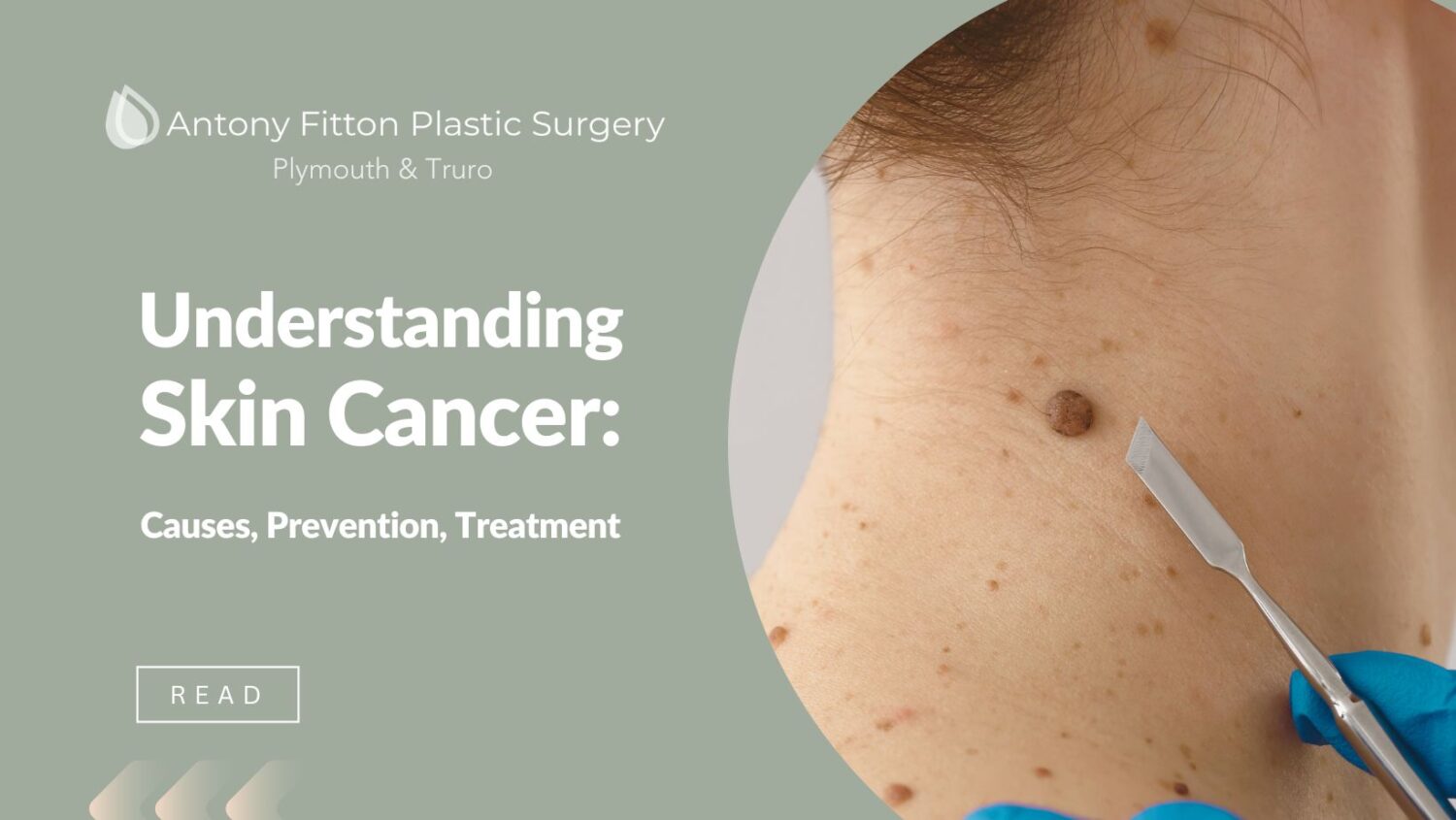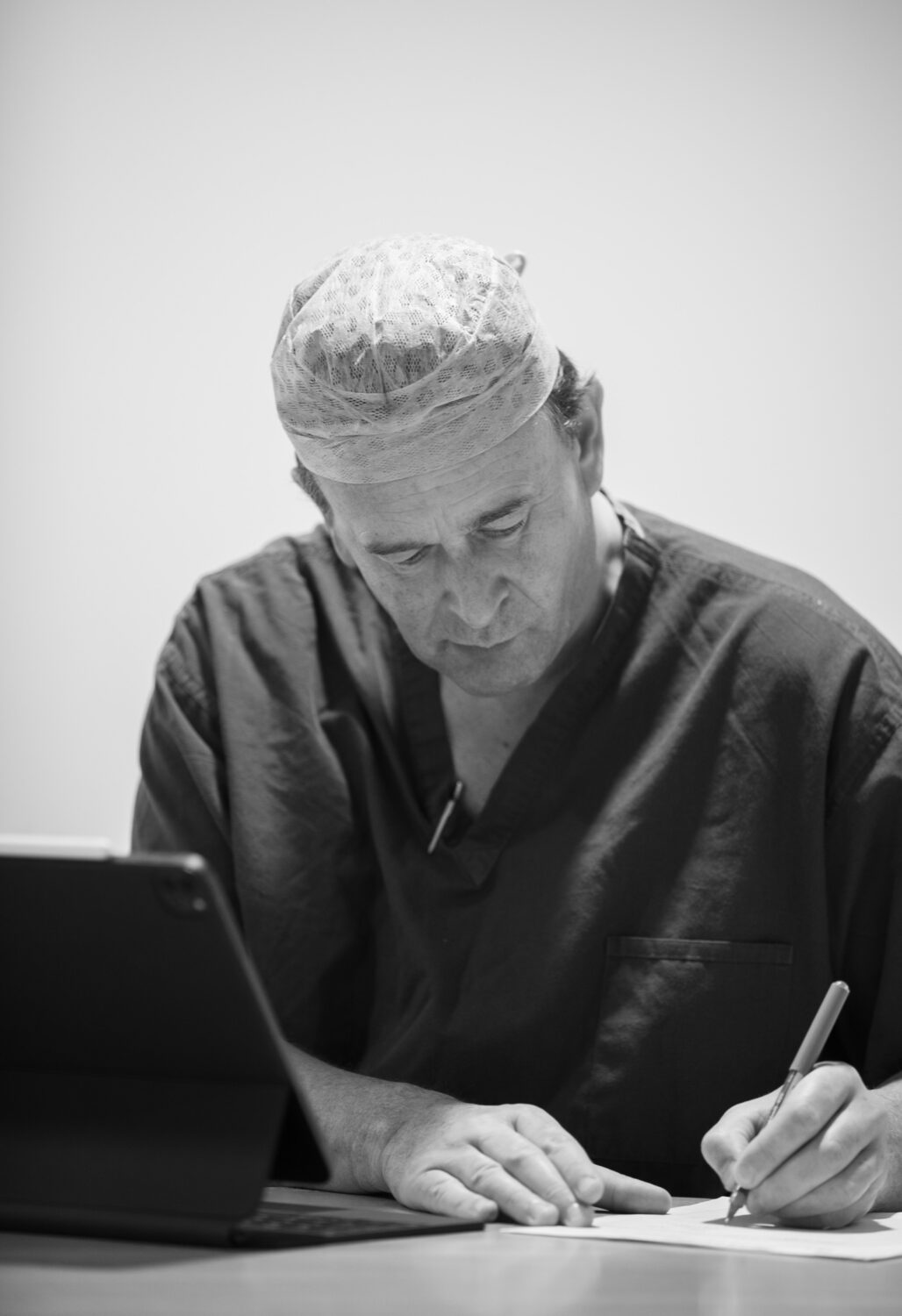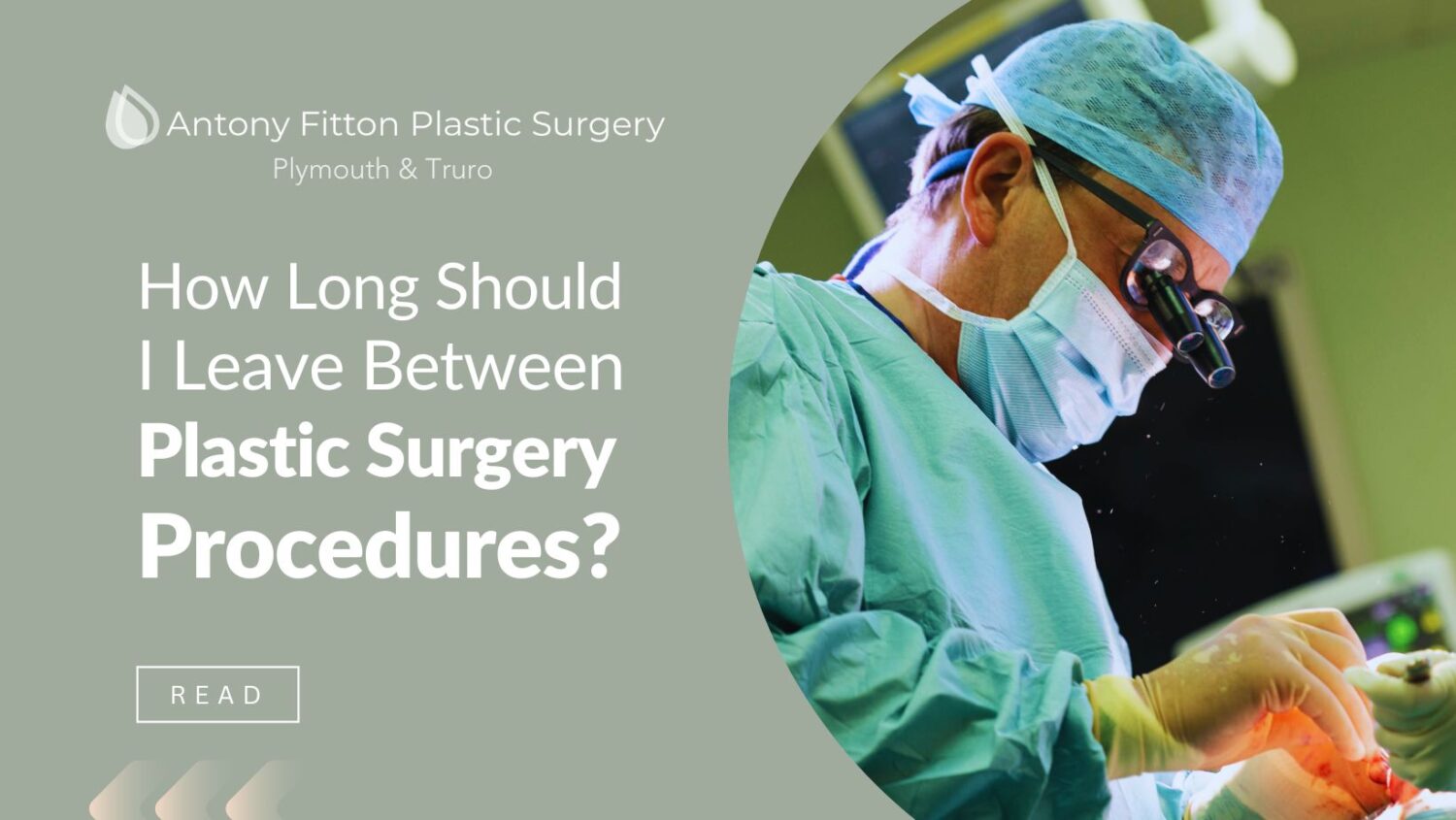
Understanding Skin Cancer: Causes, Prevention, and Treatment
Skin cancer is the most common type of cancer globally, affecting millions of people each year. Its prevalence highlights the need for awareness and education about this potentially deadly disease. With vigilance and care, we can protect ourselves and those we love. Stay sun-safe and prioritise your skin health.
This blog delves into the causes, prevention, treatment options, and personal stories of those who have faced skin cancer.
Causes of Skin Cancer
Ultraviolet (UV) Radiation
The primary cause of skin cancer is exposure to ultraviolet (UV) radiation from the sun. UV radiation damages the DNA in skin cells, leading to mutations that can cause cancer. Tanning beds and sun lamps also emit UV radiation and are significant contributors to skin cancer.
Genetic Factors
Certain genetic conditions can increase the risk of skin cancer. People with fair skin, light-coloured eyes, and a history of sunburns are more susceptible. Additionally, individuals with a family history of skin cancer are at a higher risk.
Environmental Factors
Environmental factors, such as exposure to toxic substances like arsenic and radiation, can also increase the risk of skin cancer. Occupations that involve prolonged exposure to these substances can be particularly hazardous.

Incidences of skin cancer in the South West of England are amongst the highest in the UK. Serious skin cancer can be cured if treated promptly and early.
Prevention of Skin Cancer
Sun Protection
The most effective way to prevent skin cancer is by protecting the skin from UV radiation. This includes:
- Using Sunscreen:
Apply a broad-spectrum sunscreen with an SPF of at least 30. Reapply every two hours and after swimming or sweating. - Wearing Protective Clothing:
Wear long-sleeved shirts, wide-brimmed hats, and sunglasses to shield your skin. - Seeking Shade:
Avoid direct sunlight, especially between 10 a.m. and 4 p.m., when UV rays are strongest. - Avoiding Tanning Beds:
Tanning beds are a significant source of UV radiation and should be avoided.
- Using Sunscreen:
Regular Skin Checks
Perform regular self-examinations to check for any new or changing moles or spots on the skin. Annual skin exams by a dermatologist are also recommended, especially for individuals at higher risk.
Skin Cancer: What To Look For
If you think that a mole is getting bigger, changing colour or is irregular you should seek medical advice. Itching, bleeding or redness of the skin around the mole are also cause for concern.
The five most typical characteristics of basal cell carcinoma are:
- An open sore that bleeds, oozes, or crusts and remains open for three or more weeks. A persistent, non-healing sore is a very common sign of early basal cell carcinoma.
- A reddish patch or irritated area, frequently occurring on the chest, shoulders, arms, or legs. Sometimes, the patch crusts. It may also itch or hurt. At other times, it persists with no noticeable discomfort.
- A shiny bump or nodule, that is pearly or translucent and is often pink, red, or white. The bump can also be tan, black, or brown, especially in dark-haired people, and can be confused with a mole.
- A pink growth with a slightly elevated rolled border and a crusted indentation in the centre. As the growth slowly enlarges, tiny blood vessels may develop on the surface.
- A scar-like area which is white, yellow or waxy and often has poorly defined borders. The skin itself appears shiny and taut. Although a less frequent sign, it can indicate the presence of an aggressive tumour.

If you think that a mole is getting bigger, changing colour or is irregular you should seek medical advice.
Treatment Options for Skin Cancer
Surgical Options
- Excisional Surgery: The cancerous tissue is cut out along with a margin of healthy skin.
Most small skin cancers are removed in a minor operation called an excision. It is usually done using a local anaesthetic and you can go home on the same day.
Mr Fitton will remove (excise) the cancer and some normal-looking skin around it (margin). The normal-looking skin is checked under a microscope to make sure all the cancer has been removed. You will have a dressing over the wound.
- Skin Graft or Skin Flap: Less common, a very specialised operation called a skin flap is done.
If you need a larger area of skin removed the surgeon may need to cover the wound with a healthy layer of skin from another part of the body. This is called a skin graft. After a skin graft, you can usually go home on the same day. Some people may need a short stay in hospital. It depends on where the graft is and how big it is. You may need to stay in the hospital for a few days after skin flap surgery.
- Mohs Surgery: Layers of skin are removed and examined until no cancerous cells are detected. This method is precise and conserves healthy tissue.
A type of surgery called Mohs micrographic surgery may sometimes used. Some people have a type of surgery called curettage and electrocautery to remove small skin cancers.
If the cancer is large or has spread, the surgeon may need to remove a larger area of skin. This is called a wide local excision. You have this done under a general anaesthetic.
Non-Surgical Options
- Radiation Therapy: High-energy beams are used to kill cancer cells.
- Cryotherapy: Liquid nitrogen is used to freeze and destroy abnormal cells.
- Photodynamic Therapy: A combination of light and a light-sensitive drug is used to destroy cancer cells.
Medications
- Topical Treatments: Creams or ointments containing anti-cancer agents are applied to the skin.
- Oral Medications: Drugs are used to treat advanced basal cell carcinoma.
- Immunotherapy: Medications that boost the body’s immune system to fight cancer.
Sarah’s Journey
Sarah, a 32-year-old mother of two, was diagnosed with melanoma after noticing a suspicious mole on her leg. “I was always outdoors without sunscreen,” she recalls. After a successful surgery and a course of immunotherapy, Sarah is now cancer-free. She shares her story to emphasise the importance of regular skin checks and sun protection.
John’s Battle
John, a 58-year-old construction worker, faced squamous cell carcinoma due to prolonged exposure to the sun. “I never thought about sunscreen,” he admits. John’s treatment involved Mohs surgery, which successfully removed the cancer. Now, John advocates for sun safety in his workplace and ensures his colleagues are aware of the risks.
Maria’s Vigilance
Maria, a fair-skinned woman with a family history of skin cancer, has always been vigilant about sun protection. Despite her precautions, she was diagnosed with basal cell carcinoma at 45. “Early detection saved me,” she says. Maria’s story underscores that even those who are cautious can be at risk and highlights the importance of regular dermatologist visits.
Skin cancer is a serious and prevalent disease, but it is also highly preventable and treatable when detected early.
By understanding the causes, taking preventive measures, and being aware of treatment options, we can reduce the impact of this disease. Personal stories like those of Sarah, John, and Maria remind us that skin cancer can affect anyone, but with vigilance and care, we can protect ourselves and those we love.
Stay sun-safe and prioritise your skin health.
For a no-obligation quote
For a no-obligation quote, tailored specifically to you, please book in for your consultation with Mr Fitton. Your requirements will be discussed in full confidence in a friendly and relaxed atmosphere.
Following your consultation, the price you are quoted includes everything and there are no extra or hidden costs. Advice, treatment and aftercare are all part of our package to ensure your experience is positive from beginning to end.
Summary
Managing your expectations about plastic surgery is important regardless of which procedure you wish to have done. It’s critical to have realistic expectations about plastic surgery and to also ensure you are on the same page as your surgeon.
To find out more about having a treatment, book your no-obligation consultation. You will meet with Antony Fitton and receive expert advice tailored to your needs.
Please call us on 07494 250277 or book your consultation using our online form.


About your Plastic Surgeon: Mr Antony Fitton
MB, BS(hons)., MD., FRCS(eng)., FRCS(plast).
Mr Antony Fitton qualified at the Royal London Hospital in 1989 with distinction in Surgery. He holds an MB, BS(Hons)., MD., FRCS(eng). and FRCS(plast). (Fellowship at the Royal College of Surgeons).
He is a member of BAPRAS (British Association for Plastic, Reconstructive and Aesthetic Surgeons), BAAPS (British Association for Aesthetic Plastic Surgeons), and BSSH (British Society for Surgery of the Hand).
Mr Fitton has received the Paton & Masser Award and the CM Matthews Award from the Royal College of Surgeons of England for his research in nerve injury.
Mr Fitton is licensed as a Plastic and Reconstructive Surgeon by the GMC.
- 0% Finance Available
- Consultations and treatments are available at either the Nuffield Health Hospital, Plymouth or the Duchy Hospital, Truro
- Care Quality Commission Regulated
- GMC Specialist Registered Surgeon
- BAPRAS, BAAPS and BSSH member
- Registered MD
Life-changing result
"I just wanted to thank you (and your team) for the life-changing result of my top surgery. This will provide me with the freedom that I’m excited to enjoy, including being able to go swimming and actually staying cool in summer! All jokes aside, you have helped to mark a new chapter in my life, for which I am incredibly grateful… ALL the best."
Our appearance has an impact on how others perceive us. We are experts in creating an improved version of you. Click on a procedure below for more information.
Body surgery (or contouring) can involve all or one of the following, with prime focus on areas such as the buttocks, tummy, thighs, arms, and breasts. Click on the links below for more information.
There are several different types of hand surgery but all aim to restore functionality while making the hand look as normal as possible. Click on the links below for more information.

Should I Lose Weight Before a Tummy Tuck?
Discover if you should I lose weight before a tummy tuck and if it can enhance your surgery results

How Long Should I Leave Between Plastic Surgery Procedures?
Discover how long you should leave between plastic surgery procedures for optimal recovery and effec

Is Male Chest Reduction Right for Me? Key Questions Answered
Is Male Chest Reduction Right for You? This blog answers crucial questions on gynecomastia surgery s




